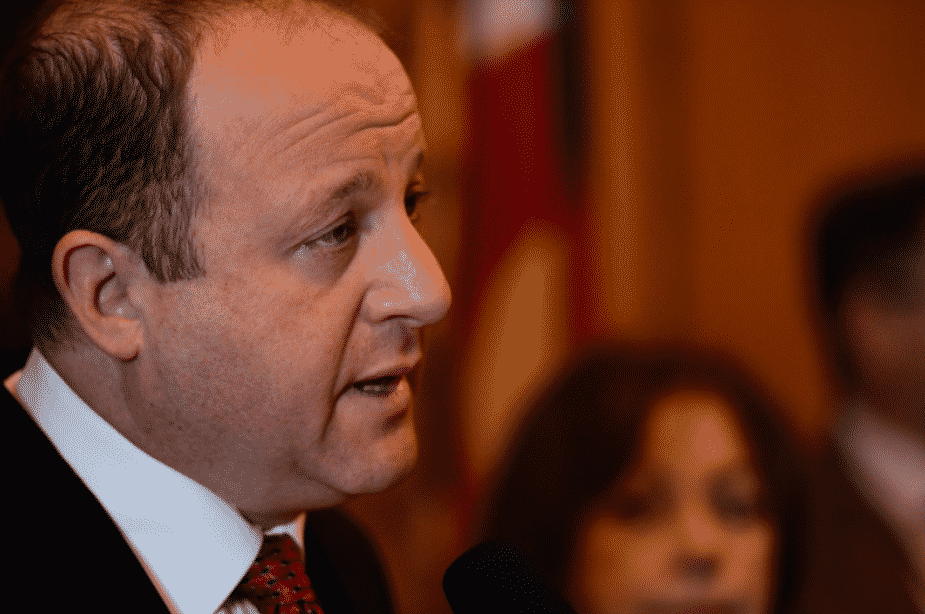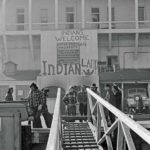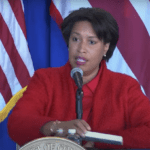DENVER (AP) — Colorado will let its statewide stay-at-home order expire next week, allow a gradual reopening of non-essential businesses and permit non-elective surgical procedures and other activity suspended by the coronavirus fight as long as strict social distancing and other protective measures continue, Gov. Jared Polis said Monday.
Polis credited widespread compliance with social distancing and shelter-in-place orders for state information that suggests COVID-19 hospitalizations are leveling off, allowing the most severe restrictions imposed last month to expire on April 27. He urged residents who can work at home to keep doing so, to stay at home as much as possible, avoid large gatherings and wear masks and other protective gear.
Details on specific measures will be released this week, Polis said. State and local authorities are empowered to reimpose restrictions in response to health crises, he said.
Reduced tourism will continue to impact the state this summer, especially the Rocky Mountain region. and federal aid will be needed to help communities there, Polis said. It was in Colorado’s ski resort communities that the state’s first pandemic hot spots emerged.
Polis’ announcement came after Denver Mayor Michael Hancock said officials were considering phasing out city restrictions. It also followed a large Sunday protest at the state Capitol to demand a reopening of the economy.
Colorado’s reopening will be gradual, Polis emphasized, with the goal of keeping the number of coronavirus hospitalizations below the 2,000 intensive care beds in Colorado hospitals.
Critical retailers still to be determined will be able to open with social distancing, and all retailers will be allowed to provide curbside services, Polis said. Personal care shops such as barbers and nail salons will reopen.
On May 4, non-essential businesses will be allowed to resume on-site operations at 50% capacity. Large employers will be required to perform temperature checks and will be encouraged to stagger shifts to maintain social distancing, Polis said.
All schools, from K-12 to universities, will remain closed. Child care services will reopen. Restaurants and bars — currently restricted to pickup and delivery — won’t open immediately but eventually could with distancing measures, Polis said.
He urged older adults who are especially vulnerable to the coronavirus to stay home. “Your May will look like your April if you are 75 or 80, and this is important because this is Russian roulette if you are that age,” he said.
Earlier Monday, Hancock said Denver may extend its stay at home order, due to expire on April 30. A ban on large gatherings would remain.
“This will be a different summer for those of us here in Denver, Colorado,” he said.
The city would need to test an estimated 1,500 to 2,000 people a week in order to relax restrictions, far more than the hundreds of tests conducted in the city last week, said Bob McDonald, executive director of the city’s Department of Public Health and Environment.
At least 449 people have died of the coronavirus in Colorado. There have been 10,106 confirmed cases — including about 1,750 in Denver — but the state health department estimates that between 65,000 and 75,000 people have been infected with the virus statewide based on its internal modeling.
For most people, the coronavirus causes mild or moderate symptoms, such as fever and cough that clear up in two to three weeks. For some, especially older adults and people with existing health problems, it can cause more severe illness, including pneumonia and death. The vast majority of people recover.
This content was originally published here.





